
EFT/tapping
Emotional acupuncture
I first trained in clinical EFT/tapping in 2018, through Dr Peta Stapleton from Bond University. EFT stands for Emotional Freedom Techniques and is also referred to as ‘tapping’.
I was drawn to it as I was looking for an additional somatic or body focused tool outside of talk therapy. Sometimes EFT is just what is needed to get a further shift with more sticky issues.
Psychological acupuncture
Also described as ‘psychological acupuncture’, we use two fingers to tap on the body’s energy meridian points, the same ones used in traditional acupuncture. The method seems to affect the amygdala (stress centre in the brain) and hippocampus (memory centre in the brain).
Studies show that this decreases production of the stress hormone cortisol in the body, leading to feelings of calmness and relaxation.
EFT has its roots are in the exposure and cognitive-based therapies, but I feel it is gentler and more effective.
I have been impressed with the results. Not only is there evidence of substantial relief from various traumas, insomnia, pain and anxiety – I like the way it can be taught to clients as a self-help tool so that they can practise it on their own, or share it with others.
Some Gold Coast schools are already using it, as are dental surgeries and hospitals.
Tapping sessions include a blend of psychotherapy and tapping, to best pinpoint the emotions that need to be tapped on.
*Emotional Freedom Technique (EFT) is an evidence-based self-help therapeutic method and over 100 studies demonstrate its efficacy. https://www.ncbi.nlm.nih.gov/pmc/articles/PMC6381429/
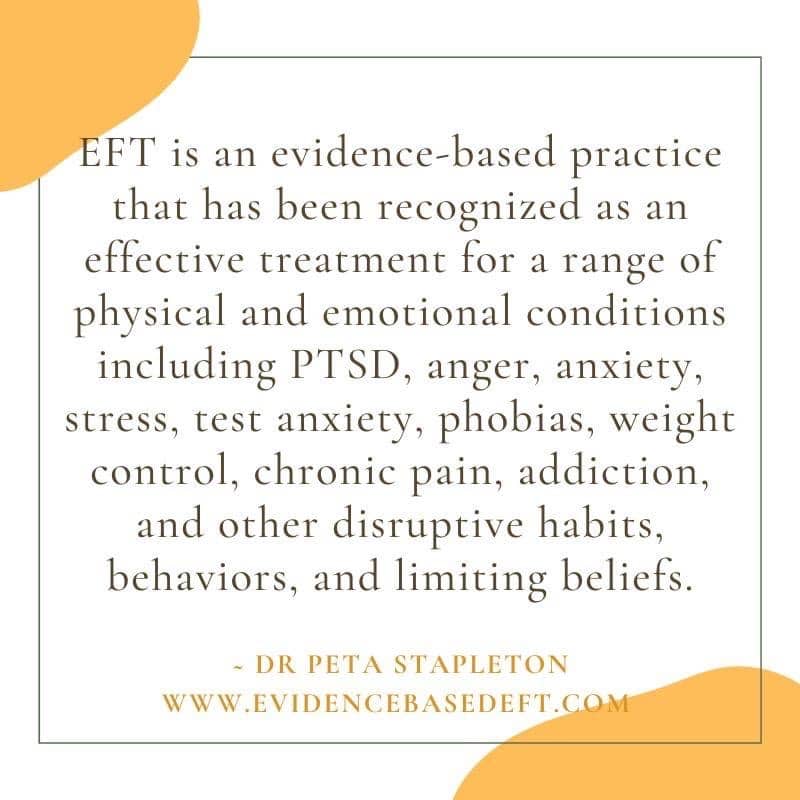
From the blog:


Did you know you have a choice?

What’s really going on when you don’t feel good enough?

“You’re so sensitive…”

When you’re bogged down with relationship anxiety…

Pregnancy loss – the loneliest grief

“Is this it?” – the slug of the quarter life crisis
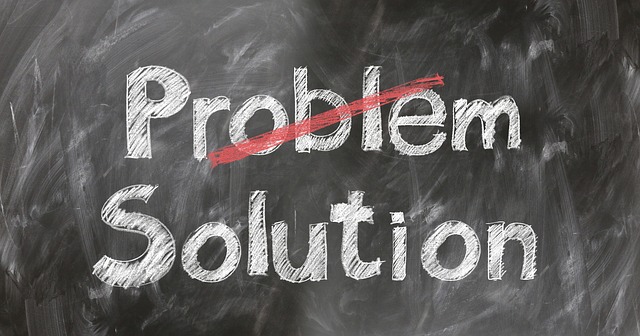
Five give away signs you need to see a counsellor

What really happens in female anger management therapy
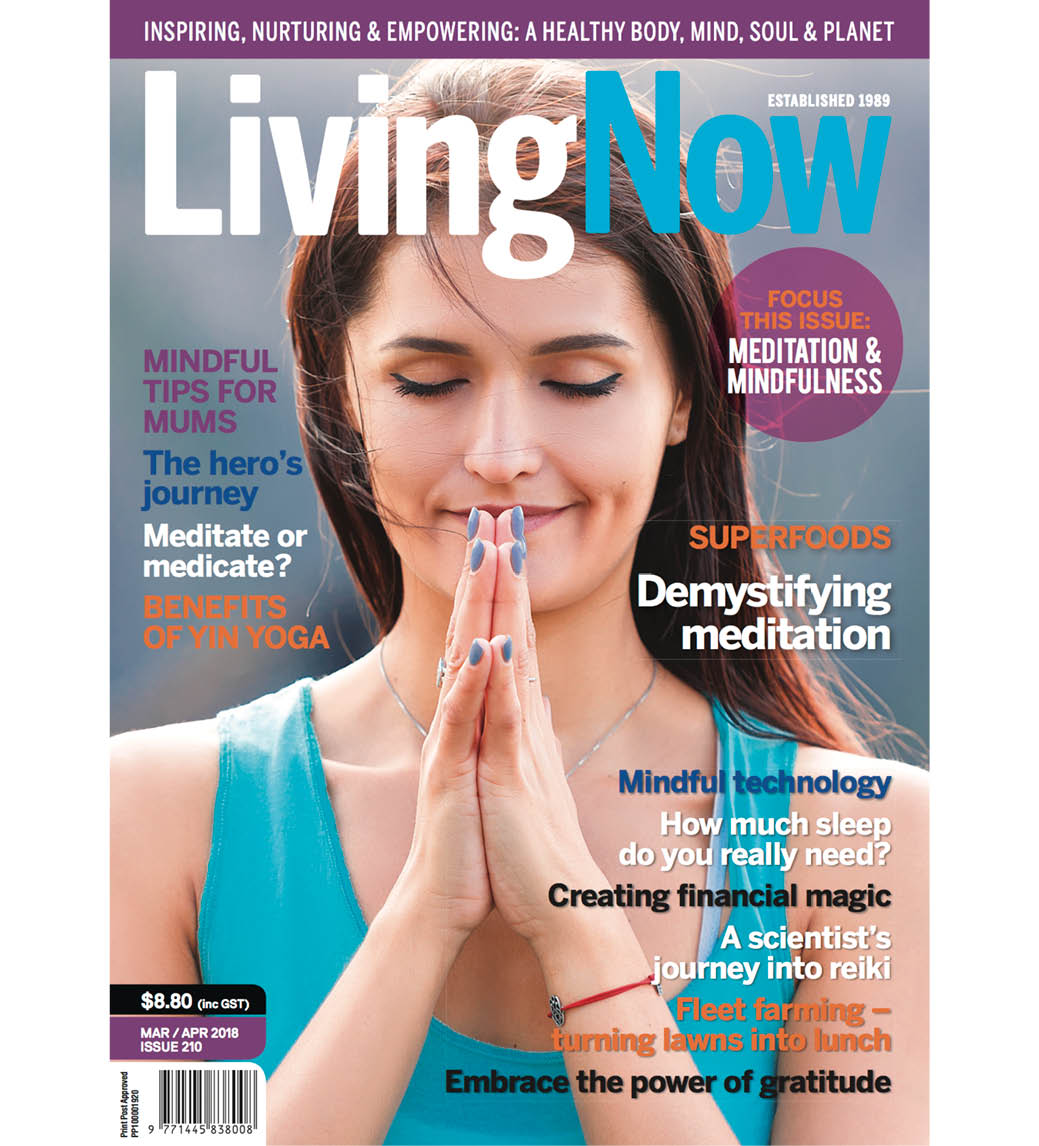
Living Now magazine covers my piece on Mindfulness for Mums

The thinking styles that are not helping you
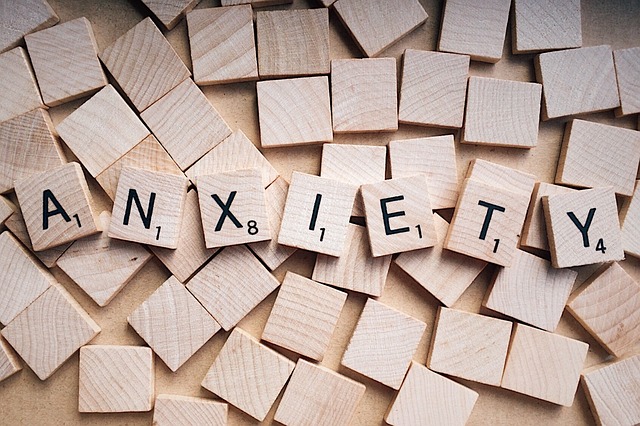
The positive side to anxiety, yes really

When your partner has anxiety or depression

Parenting and the anxious personality
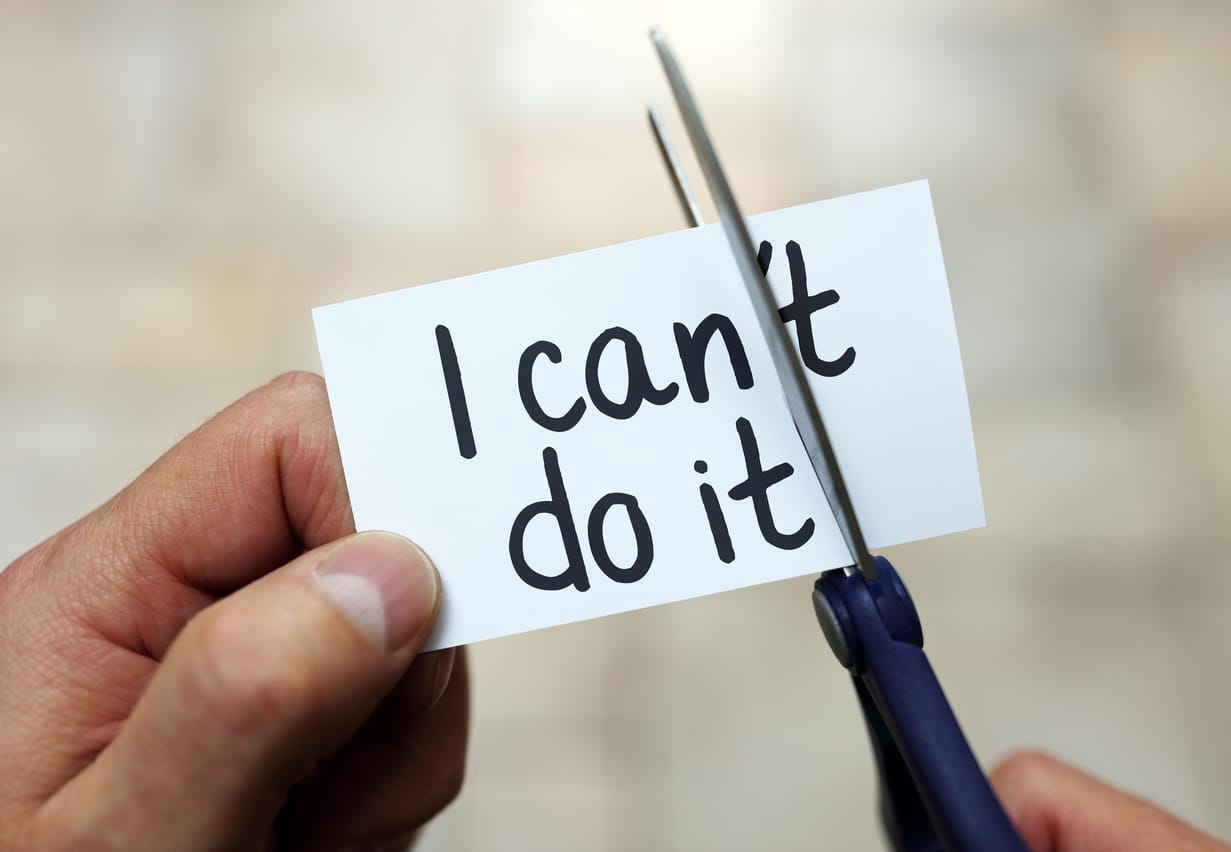
Take care of your mind and your body will follow

Why am I so angry?

What’s really going on when you don’t feel good enough?

“You’re so sensitive…”

When you’re bogged down with relationship anxiety…

Pregnancy loss – the loneliest grief

“Is this it?” – the slug of the quarter life crisis

Five give away signs you need to see a counsellor

What really happens in female anger management therapy

Living Now magazine covers my piece on Mindfulness for Mums

The thinking styles that are not helping you

The positive side to anxiety, yes really

When your partner has anxiety or depression

Parenting and the anxious personality

Take care of your mind and your body will follow

Why am I so angry?
Anxiety and depression
Sometimes you can feel ‘off’ without knowing exactly why. As the person tries to pinpoint what is wrong, they can begin to feel even more bogged down, and get trapped in a bit of a cycle.
Often the signs have been there for quite some time, but for whatever reason, we have ignored or not noticed our body signalling to us that it is in distress. Counselling helps to build your self-awareness, ensuring a good grasp of where you thrive and where you don’t. Due to my past experience working for national anxiety and depression charity Beyondblue, I am especially skilled in working with depression and anxiety and use a range of evidence-based techniques to help you.
Another common one is anger, which is often described as a ‘negative’ emotion, yet anger can be really constructive if used correctly. It also often masks other emotions such as anxiety and depression.


What’s really going on when you don’t feel good enough?

“You’re so sensitive…”

When you’re bogged down with relationship anxiety…

Pregnancy loss – the loneliest grief

“Is this it?” – the slug of the quarter life crisis

Five give away signs you need to see a counsellor

What really happens in female anger management therapy

Living Now magazine covers my piece on Mindfulness for Mums

The thinking styles that are not helping you

The positive side to anxiety, yes really

When your partner has anxiety or depression

Parenting and the anxious personality

Take care of your mind and your body will follow

